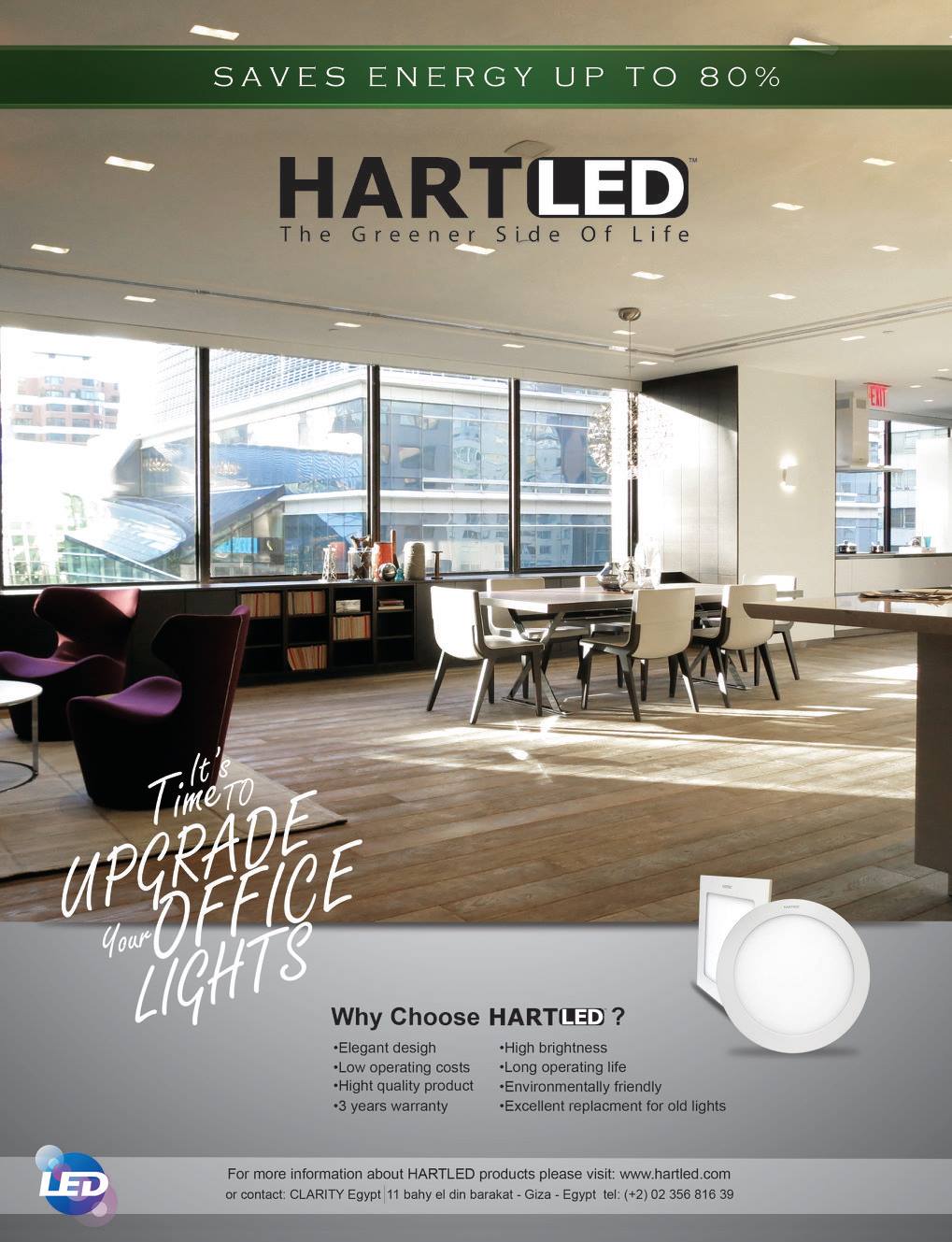Coinciding with the visit of the Prime Minister to Schneider Electric factory and his meeting with Metito
Narrative Summit highlights how infrastructure projects and digital transformation are building a modern Egypt
Prime Minister inspected Schneider Electric factory in Badr City, where 60% of production input is sourced from the local market: Walid Sheta
Huge desalination plants are being erected in all coastal cities, covering 65% of the countryside’s needs of potable water: Karim Madwar

Narrative Summit released a special episode dedicated to showcase the development brought about by new infrastructure megaprojects and digital transformation. The new episode coincided with the Prime Minister’s visit to Schneider Electric’s factory in Badr City and his meeting with a Metito Water Solutions delegation – two of the largest infrastructure companies in Egypt and the world.
The episode, the latest in the Narrative Summit – Reshaping Norms 2021 series broadcasted by Narrative Summit on digital media, features key infrastructure figures, namely Eng. Walid Sheta, Schneider Electric Cluster President for North-east Africa and Levant and Eng. Karim Madwar, Managing Director of Metito Africa for Water Treatment.
Speaking in the episode Eng. Walid Sheta, Schneider Electric Cluster President for North-east Africa and the Levant, says: “We, at Schneider Electric, tap the potential of Egyptian engineers and technicians in our factory in Badr City, which was recently visited by Prime Minister Dr. Mostafa Madbouly. During the visit, Dr. Madbouly was briefed on the company’s latest investment – two new state-of-the-art production lines that would output a range of medium voltage products up to 24 kV. The two new production lines will follow Schneider Electric’s strategy of sourcing at least 60% of production input from the local market, whilst exporting the final products to at least 13 African countries. Sourcing local components for production at Schneider Electric contributes to reducing Egypt’s import bill while ensuring that thousands of jobs are created for Egyptian engineers and technicians who have a track record of competence across Africa.”
Sheta added: “Egypt is on track to tap the potential of digitizing infrastructure, which would enable it to eliminate human errors, increase energy efficiency, and rationalize consumption of natural resources. Schneider Electric offers the EcoStruxure technology, which combines absolute control with AI-powered information analysis to deliver unrivalled results with utmost efficiency.”

For his part, Eng. Karim Madwar, Managing Director of Metito Africa for Water Treatment, said: “Egypt already has a massive water infrastructure extending over 200 km of water and sewage pipeline served by some 500 treatment plants. But as the government embarks on building new urban communities, it was necessary to upgrade the infrastructure in a way that lowers reliance on the Nile River by turning to alternative water sources. Many huge desalination plants were built in all coastal cities, including Marsa Matrouh, Al Alamein, Al-Hammam, West Alexandria, Port Said, Hurghada, Tur, Safaga, and Al-Arish, amongst many others. One of the biggest desalination plant lies in Galala, Ain Sukhna, with an output of 150,000 cubic meters/day. The plant was built over 18 months and was opened two years ago to meet the potable water needs of about 700,000 – 1 mn citizens. The plant was established following the latest international technologies to rationalize electricity and cut its power bill from 11 kilowatt-hours/cubic meter of water down to 3.5 kilowatt-hours.”
Madwar added: In conjunction, the government is ensuring sustainability by recycling agricultural drainage wastewater to be used again. One of the largest infrastructure projects that serves this purpose is the Mahsama Water Treatment Plant in Ismailia, which treats and reuses 1 mn cubic meters of agricultural drainage water to meet the irrigation needs of about 70,000 feddans in Sinai and fish production in Lake Timsah, west of the Suez Canal. The treatment plants cover approximately 65% of the actual need in the Egyptian countryside.”
Medawar also highlighted two challenges facing desalination and water treatment plants in Egypt. “Desalination and water treatment remain expensive, but the state has addressed this by turning to the private sector for finance. The second problem is the cultural heritage of disregarding the importance of water and the lack of real awareness that water is very expensive,” he explained.
“The year 2030 will witness a great development. It is expected that the inhabited area will reach 25% of the area of Egypt with the establishment of new communities. But with the creation of many job opportunities, the future of Egypt is for the better,” he concluded.



